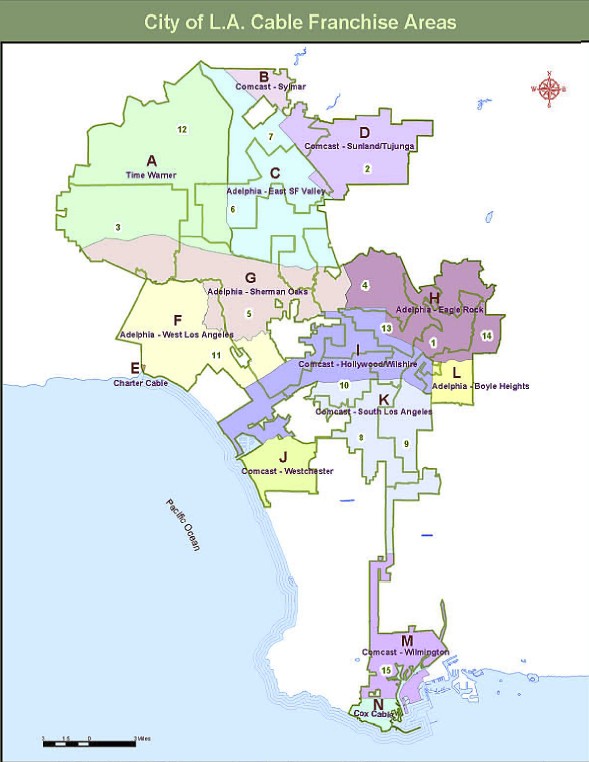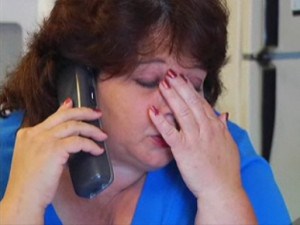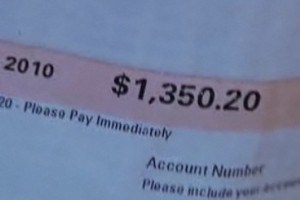
Los Angeles County's cable franchise map dating back to 2005 shows the county divided between Adelphia, Comcast, and Time Warner. Today, Time Warner Cable controls most of the county's cable service but still relies on some legacy equipment in place from the days of Adelphia and Comcast. Calabasas was formerly served by Adelphia. (click to enlarge map)
Some southern California residents continue to express anger and frustration at some poor business and customer service practices provided by Charter Cable and Time Warner Cable, both of which provide service in the community of Calabasas.
Unfortunately, city officials had their hands tied in resolving consumer complaints because California is one of several states that abandoned local cable franchising in favor of less accountable statewide cable franchises that carry few terms and conditions that protect California consumers.
The Calabasas Communications and Technology Commission dealt with several complaints raised by residents during its May meeting, often echoed by the commissioners themselves.
From the Calabasas Patch:
Resident Alvin Lindenauer spoke about his dissatisfaction with Charter.
“Charter has a long history of being less than competent in providing cable service,” he said.
Lindenauer’s complaints with Charter included misleading advertising, poor customer service and, most prominent, “improper billing practices.”
He said he received several erroneous notices of past due payments that resulted in forced late fees.
Lindenauer referred to Charter as “corrupt and deceptive” in its business practices.
He proposed that the commission hold Charter Cable more accountable for its service and reduce the city’s long-term contract with the company.
Charter Cable officials denied the company was either corrupt or deceptive, stating the company will work to address any customer service or billing complaints.
Cable commissions like those in Calabasas actually hold almost no power over incumbent cable or competing phone company video offerings. The federal government deregulated the vast majority of cable operations as part of the 1996 Communications Act. While many municipalities have cable boards or commissions, most are little more than venting stations for frustrated residents who feel their local provider is unresponsive. Sometimes appeals like those by Lindenauer can get the attention of company executives and “guilt them” into intervening with intransigent customer service agents, especially when the media is watching.
Calabasas residents were also upset with Time Warner Cable — primarily because of its set-top boxes and a recent “upgrade” to its program guide software.
Customers are upset with the company’s legacy Motorola cable boxes still used on the part of the system originally owned by Adelphia. Some residents inquired about why Time Warner doesn’t use the “more reliable” Scientific-Atlanta converters used in other parts of Los Angeles county.
Calabasas residents also complained Time Warner’s cable signals are intermittently plagued by “tiling,” an irritating digital artifact that appears like a series of small boxes that appear frozen or moving across a digital picture. Company officials responded that the problems are in software, not in the set-top boxes, and they would work on them.
Time Warner’s Los Angeles county cable system is actually configured of several different cable systems acquired from Comcast and bankrupt Adelphia Cable a few years ago. Those systems still have important differences in technology and channel lineups. Despite those differences, Time Warner Cable collectively controls most of Los Angeles county’s cable systems. Charter has most of the rest.
[You can watch the commission’s proceedings from their video archive. Start watching at 17:35 to view Mr. Lindenauer’s complaint and follow-up.]


 Subscribe
Subscribe




